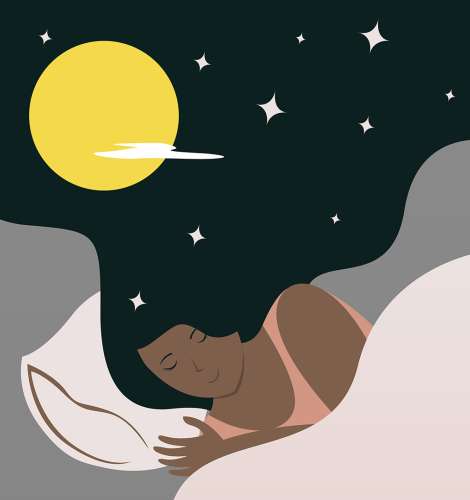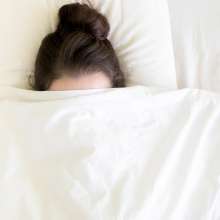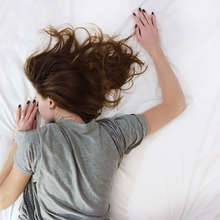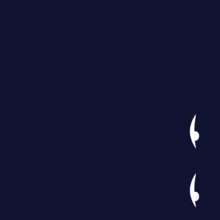A bright full moon against the blanket of starry sky, Moonlight Sonata playing in the background…such a romantic picture!
Add sharp shadows of twisted branches, dark clouds threatening to devour the moon...werewolves, vampires, and lunatics waiting to attack…the same moon sends shivers down the spine!
Lullabies or nightmares
Moon phases can play tricks on our imagination, and therefore, perhaps, what we dream of.
But can they affect our sleep? How? What have scientists found out recently?
People have speculated about the moon’s impact on human health and behaviour for millennia, particularly the moon’s ability to affect nighttime behaviour. In recent years, a growing number of studies have suggested that the moon might be impacting our ability to get a restful night’s sleep.
The study
A recent study reported that people tend to have a harder time sleeping in the days leading up to a full moon.
Sleep patterns of three Toba Indigenous communities, also known as the Qom people, in northeast Argentina were analyzed: a rural community with no electricity access, a second with limited access, and a third located in an urban setting with full access to electricity and artificial light.
The communities were selected for study because they are all ethnically and socioculturally homogeneous, so scientists can isolate and address questions about sleep under different levels of urbanization (and moon light brightness effects) without having to consider other factors.
Sleep in participants was monitored with wrist monitors that logged activity, and information was gathered over a period of one to two lunar cycles.
Findings
The findings revealed the unusual pattern of decreased sleep quality on nights leading up to a full moon, a trend that was observed across the three groups.
Researchers reported that sleep patterns among the 98 participants appeared to fluctuate over the course of the 29½ -day lunar cycle, with the latest bedtimes and least amount of rest occurring on nights three to five days before the moon reaches its brightest phase.
The scientists also evaluated sleep data from 464 Seattle-area college students and found the same oscillations as found in the Toba Indigenous communities.
Observations about the extra brightness of approaching and full moons may partly explain these differences in sleep. But this cannot explain why people living in urban environments, who are exposed at night to artificial lights more intense than moonlight, are affected similarly.
The findings from the urban populations prompted researchers to theorize that the observed sleep pattern might also be due to changes in the moon’s gravitational pull. It is possible, they suggested, that gravitational pull from the moon makes people more sensitive to the light, whether it is artificial or natural moonlight.
For people who suffer from insomnia and have trouble falling asleep, knowing that sleep may be worse in the days before a full moon can help them pay more attention to good sleep hygiene on those nights.
Trying to “fight against environmental cycles and trying to counterpose your will to sleep at a different time against the natural cues is actually very bad for your health,” according to the researchers.
“We now have more evidence that we can’t just get rid of environmental cues" They concluded that the patterns observed are an innate adaptation.
Some mysteries continue…
Well, it seems our sleep is affected by lunar cycles. But why is still not clear. Ancient humans might have evolved a more alert sleep pattern when the fuller moon lighted up a bright world, and more animals roamed around hunting for them!
Or it might be the other way around, perhaps humans took advantage of the natural brightness of the moon, to hunt more conveniently during fuller moon phases….or there are other environmental scientific factors at play that we are not certain of or cannot be measured…
These are some moon mysteries scientists have yet to solve.





